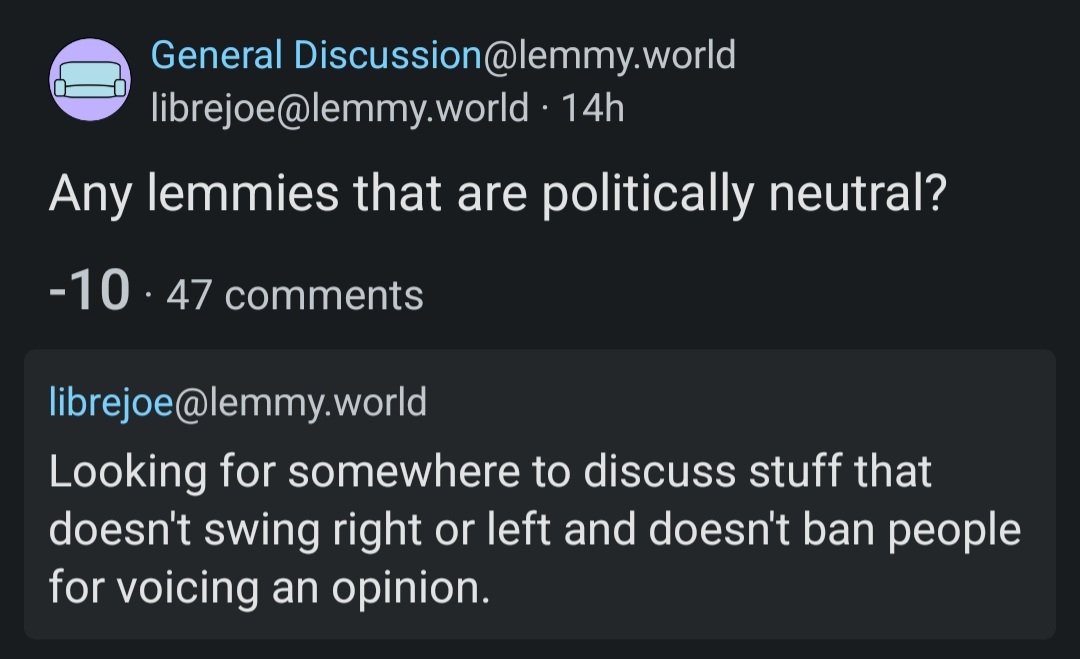

Sorry, I mean fake as in not where the justices live. I’m pretty sure someone just took random addresses from vaguely around where the justices live and put them on there, I think the residents are just random fellows
Edit: Google searching has proven inconclusive in my quest for the truth, but there are articles claiming those are their addresses so I could be wrong. But people online keep saying the information is outdated by 1-2 decades and wrong (like this Redditor) so idk.








Lol what? You are delusional. I’m not sure Orthodox Slavs would agree that WW1 and the subsequent Russian Civil War were “secular” wars considering most propoganda from that time was highly religious and they were seen as “holy wars” by both Slavs and Germans. The Ottomans literally were a Sharia state and the Sultan framed the war as a Jihad against the enemies of Islam. There was deep religious subtext in WW1 from nearly all the major European powers.
Both world wars were caused mostly by nationalism/ethnic conflict and recent history/economic problems. Secularism had literally not a single thing to do with it. Where exactly do you get this “WW1 and WW2 were caused by secularism” delusion from?